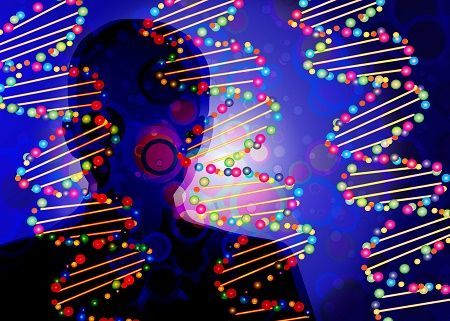- Revenue Cycle Management
- COVID-19
- Reimbursement
- Diabetes Awareness Month
- Risk Management
- Patient Retention
- Staffing
- Medical Economics® 100th Anniversary
- Coding and documentation
- Business of Endocrinology
- Telehealth
- Physicians Financial News
- Cybersecurity
- Cardiovascular Clinical Consult
- Locum Tenens, brought to you by LocumLife®
- Weight Management
- Business of Women's Health
- Practice Efficiency
- Finance and Wealth
- EHRs
- Remote Patient Monitoring
- Sponsored Webinars
- Medical Technology
- Billing and collections
- Acute Pain Management
- Exclusive Content
- Value-based Care
- Business of Pediatrics
- Concierge Medicine 2.0 by Castle Connolly Private Health Partners
- Practice Growth
- Concierge Medicine
- Business of Cardiology
- Implementing the Topcon Ocular Telehealth Platform
- Malpractice
- Influenza
- Sexual Health
- Chronic Conditions
- Technology
- Legal and Policy
- Money
- Opinion
- Vaccines
- Practice Management
- Patient Relations
- Careers
Cognition and Old Age: The Influence of Genes and How You Can Offset It
We are more than what we eat or how much we exercise. We are also made of the protoplasm our parents transmitted to us. This is especially true in one particular area as we age, according to new research.

We are more than what we eat or how much we exercise. We are also made of the protoplasm our parents transmitted to us. This is especially true in one particular area as we age. So says Goran Papenberg and colleagues of the Aging Research Center at the Karolinska Institute and Stockholm University in Sweden.
Their recent paper entitled, “Aging-related magnification of genetic effects on cognitive and brain integrity,” takes the stand that genes play a larger role in cognitive ability with aging than earlier recognized. This is what the authors call the “resource-modulation hypothesis.” This means that in-between-person cognition differences are more robust as we age. The authors postulate that resources are high in the young brain so that differences due to genetics are less perceptible than in old age when they are fewer. By “brain resources” the scientists are referring to both the neuro-chemical and the physical components of the brain.
An example is a gene associated with an increased risk for dementia called the APOE genotype e4. In one study it affected learning and memory only after the age of forty. Younger adults with the gene did not differ from those that did not carry the gene.
The good news is that positive lifestyle changes did make a difference in the expression of the gene in the two groups as the years passed. If the lifestyle was healthy, the undesirable effects of APOE e4 were counteracted. If disadvantageous, the undesirable influence was intensified. Lifestyle changes indicated by the authors included physical activity and attention to nutrition.
In summary, Goran Papenberg and colleagues found a robust genetic effect on brain cognition with aging. Though the effect of single genes may be small, the additive effect of many genes can be substantial. Fortunately, it seems lifestyle can influence this trend one way or the other.
For More:
Seniors and Faulty Investment Decision Making: Science Makes an Impact
Maintaining Mental Facility After 50
Swindled Seniors: A Specific Brain Abnormality May Be the Cause
